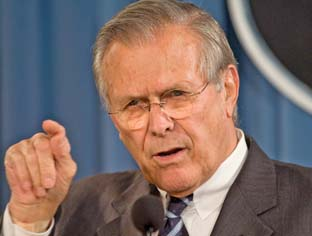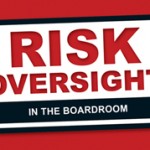 The Spencer Stuart study, “Evolution or Revolution? Changes in Britain’s boards of directors from 1960 to 2010” is an important contribution to the field of corporate governance. In crediting author Sir Geoffrey Owen for his role in telling the story, Mark Stroyan, Managing Director of Spencer Stuart characterizes the history as both fascinating and important. As it illuminates the past, the study sets the stage for the discussion of how boards will continue to adapt in the future.
The Spencer Stuart study, “Evolution or Revolution? Changes in Britain’s boards of directors from 1960 to 2010” is an important contribution to the field of corporate governance. In crediting author Sir Geoffrey Owen for his role in telling the story, Mark Stroyan, Managing Director of Spencer Stuart characterizes the history as both fascinating and important. As it illuminates the past, the study sets the stage for the discussion of how boards will continue to adapt in the future.
The search firm identified five concerns that boards need to address: 1) Preparing the next generation of chairmen with the caveat that not all CEOs are automatically suited to becoming chairmen, noting the critical skill of running a board meeting, drawing out and listening to all points of view, synthesizing the arguments and reaching conclusions without appearing to dominate. 2) The right of non-executives to seek advice because creating supplementary information channels is important for non-executive chairmen to discharge their duties in leading the board in oversight. 3) The pressure to appoint more women to boards has resulted in quotas in Norway. And while many protest that there aren’t enough women with the relevant experience to serve, their view is that “there is a pool of potential candidates if boards are prepared to look less at proven general management experience and more at talent potential—to consider creative ideas and take some calculated risks.
While many sitting CEOs find it too time-consuming to sit on additional boards, Owen posits that 4) it is in the long-term interest of business that more working CEOs serve on boards. The 5th challenge is to create more engaged boards but they note that when there are individuals in the boardroom who are really not contributing, it is “always uncomfortable to change the status quo” and ask the poor performing directors to leave.
One of the more interesting sidebars is “The Decline of the Guinea Pig,” which described the job of an independent director as a “delightful perk for important (and often self-important) business folk at the end of their professional career.” These independents were “sometimes known as ‘guinea pigs’—for a guinea and a free lunch they were happy to sleep through any chief executive’s presentation of his corporate plan.”








